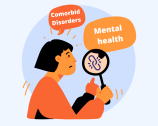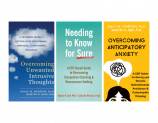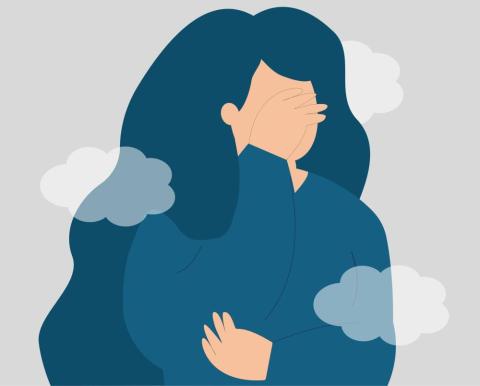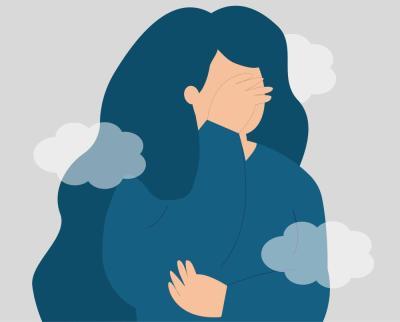Why Does Anxiety Hit us Where it Hurts?
Why Does Anxiety Hit us Where it Hurts?

Anxiety picks the worst times to torment us, and because it’s in our own brains, it torments us about what we care about the most at each stage of our lives. It’s important to recognize that the content of worries, panic, or OCD changes as our lives change. I think about some recent clients of mine who are at very different life stages:
- A 40-year old whose father recently retired, and now every time the son throws out unneeded paper his OCD tells him he is throwing out his parent’s retirement money, and that they will be bankrupt.
- A second-year medical student who recently got a great score on the first standardized test of her medical career, and who came to see me clutching a large printed stack of emails she had sent while she was the treasurer of her sorority in college. She was worrying that she had done something wrong and that the IRS was going to throw her in jail, and her future would be ruined.
- A high school freshman who worries so much about every paper, every homework assignment and every grade that she has lost weight and has no friends because she studies all the time, worried she will not get into college. First semester she got a perfect 4.0 GPA.
All of these clients were driven to seek therapy to talk about the urgent problem they were dealing with, and each topic was new to the client. A year ago, none of those people could have had those urgent concerns in the same way – the 40-year-old’s father was still working and making plenty of money; the medical student was a first year, not focusing on the standardized test or what opportunities a great ranking would mean to her; the freshman was still in middle school, where she didn’t worry much about academics and had plenty of friends.
To treat these problems, I had to help each of them understand that this was just the most recent content that anxiety had found to torment them. It wasn’t about the content itself, it was about how they each responded to the content — by worrying, by avoiding, by checking, by over studying, they had given the anxiety more and more power. Crucial to getting better was taking a new attitude, being able to step back and say, “It’s just anxiety (or OCD).”
Of course, we still had plenty of work to do, with real and imaginal exposures and with mindfulness, among others, but recognizing the content isn’t the problem — anxiety and the response to anxiety is the problem — is the first step in getting well, whatever content anxiety throws at us in our different stages of life.
This blog was originally posted on Anxiety Training for Mental Health Professionals.





















